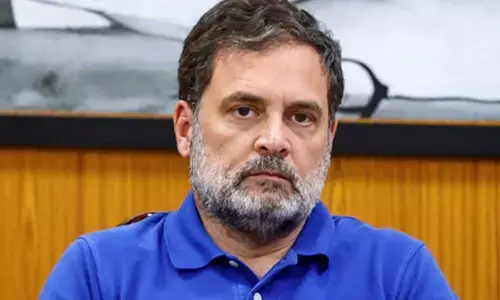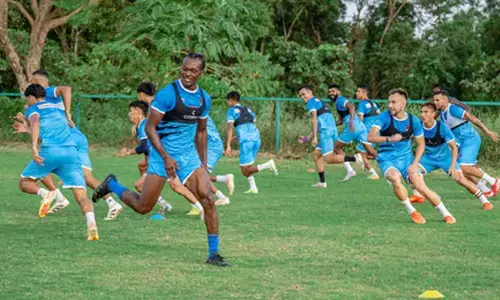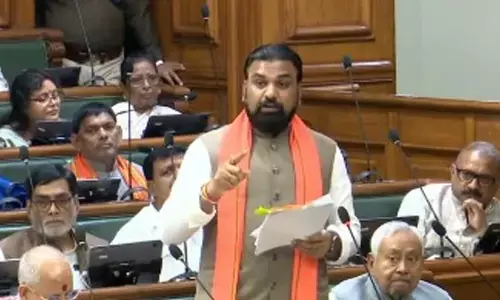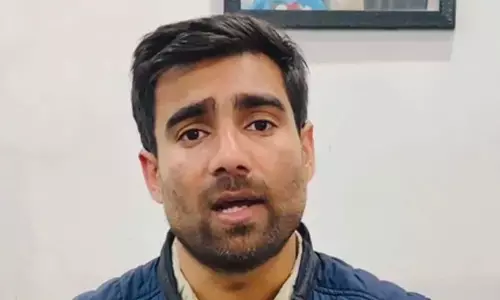B M Birla Science Prizes announced
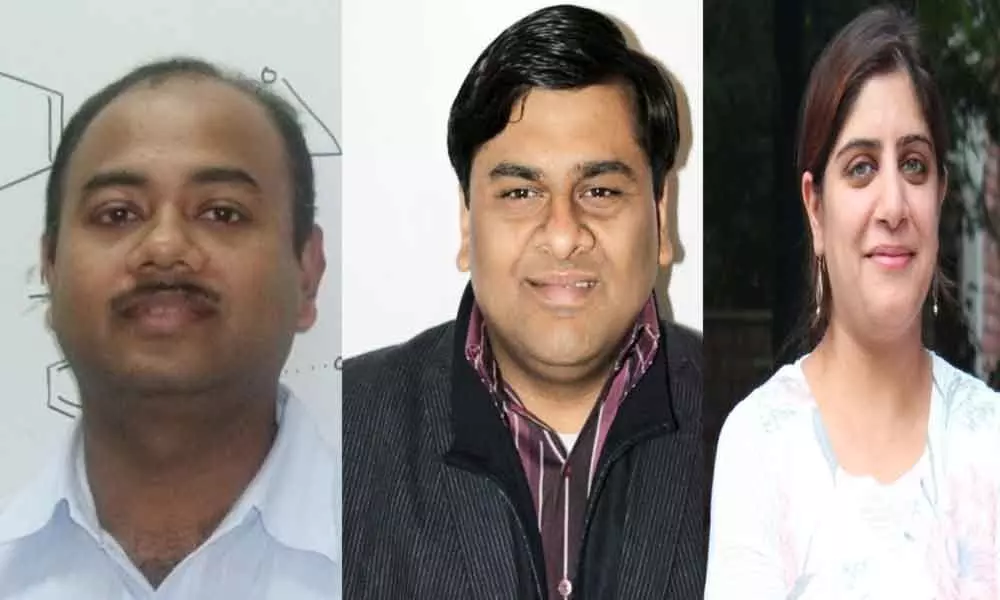
The B M Birla Science Prizes for Mathematics, Chemistry, Physics and Biology for the years 2017 and 2018 have been finalised.
The BM Birla Science Prizes for Mathematics, Chemistry, Physics and Biology for the years 2017 and 2018 have been finalised. The award winners are:
Mathematics
Dr. Anish Ghosh of Tata Institute of Fundamental Research, Mumbai. Dr. Anish Ghosh works at the interface of ergodic theory, number theory and geometry. Recently, he has worked on chaotic flows on geometrical objects and their connection with a branch of number theory called Diophantine approximation.
It is a remarkable fact that these two seemingly different areas are intimately connected and Ghosh uses a variety of mathematical tools to explore this connection and solve problems in number theory using dynamical systems. Dr. Anish Ghosh is the single award winner of the B M Birla Science Prize in Mathematics for the year 2017.
Chemistry
Dr. Ayan Datta of Indian Association for the Cultivation of Sciences, Kolkata. He has made original contributions towards deciphering an understanding of the behavior of non-graphene based two-dimensional materials for energy and environmental applications. He has developed models for improving efficiencies for catalytic processes on surfaces and designed new homogeneous and heterogeneous catalysts for nitrogen fixation and catalytic convertors.
Prof. Datta has contributed heavily towards computational screening of new materials for solar energy harvesting through ultrafast processes like Singlet Fission. His works on prediction of novel multi-component co-crystals have been highly appreciated in the crystal engineering community and has potential to produce more potent pharmaceutical drugs for anti-biotic resistance. Dr. Ayan Datta is the single award winner of the B M Birla Science Prize in Chemistry for the year 2017.
Physics
Dr. Sanjib Kumar Agarwalla of Institute of Physics, Bhubaneswar. He has made several insightful contributions in neutrino physics. He and his team have contributed significantly in identifying novel methods to determine the neutrino mass ordering, mixing angles, and CP-violation in the lepton sector, all of which are pressing fundamental unsolved issues. He has performed precision electroweak tests using neutrinos and looked for new particles and non-standard interactions in neutrino oscillation experiments.
Recently, he along with his team has been exploring the possibility of a light eV-scale sterile neutrino. He has been also working on the indirect detection of dark matter, another fundamental puzzle of our Universe. Besides, he is also actively involved in the India-based Neutrino Observatory (INO) project and spending a substantial amount of his research time for this experiment. Dr. Sanjib Kumar Agarwalla is the single award winner of the B M Birla Science Prize in Physics for the year 2018.
Biology
1. Dr. Mahak Sharma of IISER, Mohali. The research program of Dr. Mahak Sharma's group at IISER Mohali is focused on understanding the mechanisms by which cellular cargo is delivered to subcellular compartments known as "lysosomes". Regulation of cargo degradation by lysosomes has garnered recent attention due to its essential role in the termination of growth factor signaling as well as in mediating clearance of misfolded or aggregated proteins.
Not surprisingly, disruption of the lysosomal degradation pathway contributes to human diseases, including lysosomal storage disorders and neurodegenerative disorders. From her independent laboratory, Mahak's research group has elucidated the mechanisms that regulate the fusion of cargo-containing vesicles with lysosomes. Her research group has also identified that human pathogen Salmonella typhimurium, the causative agent for gastroenteritis, uses the lysosomal fusion machinery for replication in human cells and mouse models. Overall, research findings from Dr. Sharma's group will lead to a better understanding of how membrane fusion with lysosomes is regulated and how pathogens manipulate this pathway for their intracellular growth and survival.
2. Prof. Biman B. Mandal of IIT Guwahati. Dr. Mandal's research area is Tissue Engineering and Regenerative Medicine. In an attempt to address constant shortage of donor organs, Prof. Mandal and his group focuses on creating lab grown bioengineered organs/tissues as promising substitute using Indian silk biomaterials in combination stem cells and cutting edge 3D bioprinting techniques.
Prof. Mandal has made seminal contributions in the field of tissue engineering by developing a number of affordable organ/tissue prototypes which are in various phases of animal/clinical validation and these include skin grafts for burn injuries, smart wound dressings for diabetic foot ulcers, vascular grafts for bypass surgery, beating cardiac patch for myocardial infarction, bioartificial pancreas for type-1 diabetes, bioartificial liver, intervertebral disc for slip disc, cartilage/osteochondral tissue for degenerative joint disease, vascularised bone graftsand knee meniscus as orthopaedic grafts and minimally invasive anti-cancer drug eluting injectable gels for oral/breast cancer treatment.
Further, his group is developing multiple in vitro human disease models which can contribute to Industry in high throughput drug screening and future drug development. Dr. Mahak Sharma and Dr. Biman B Mandal are joint winners of the B M Birla Science Prize in Biology for the year 2018.





